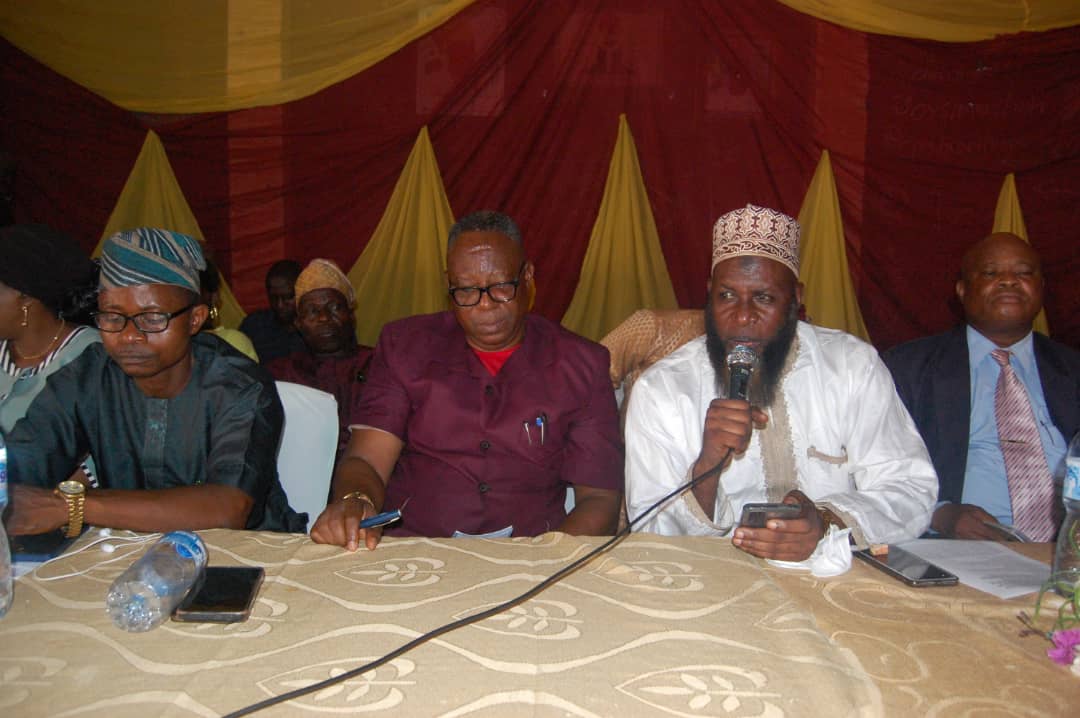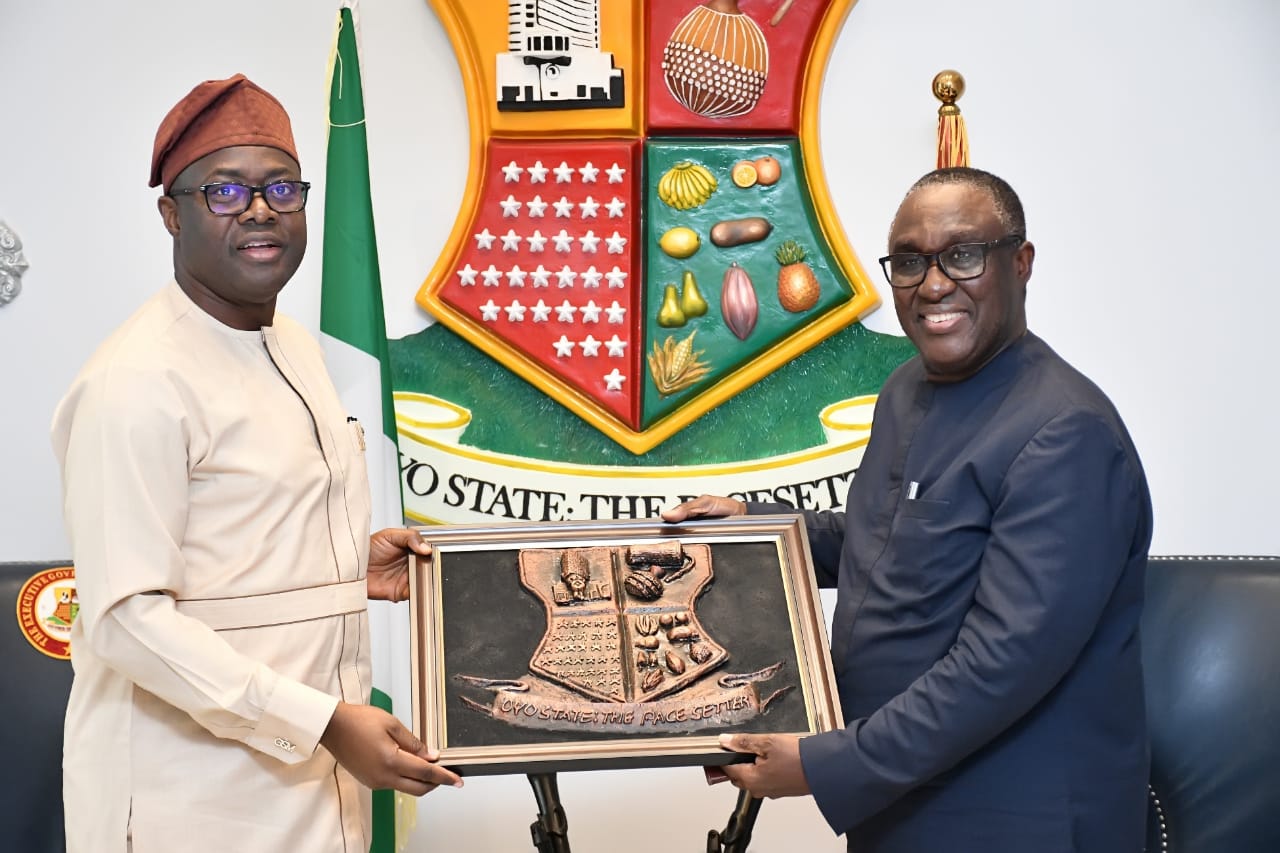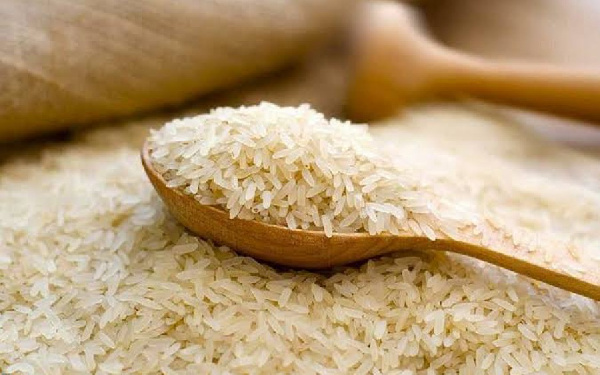
Oyo Govt Partners Netherlands To Boost Tomato Production
The Oyo State Government is exploring opportunities in greenhouse technology to boost tomato production in the state, the Director-General of the Oyo State Agribusiness Development Agency (OYSADA) and Executive Adviser on Agribusiness














